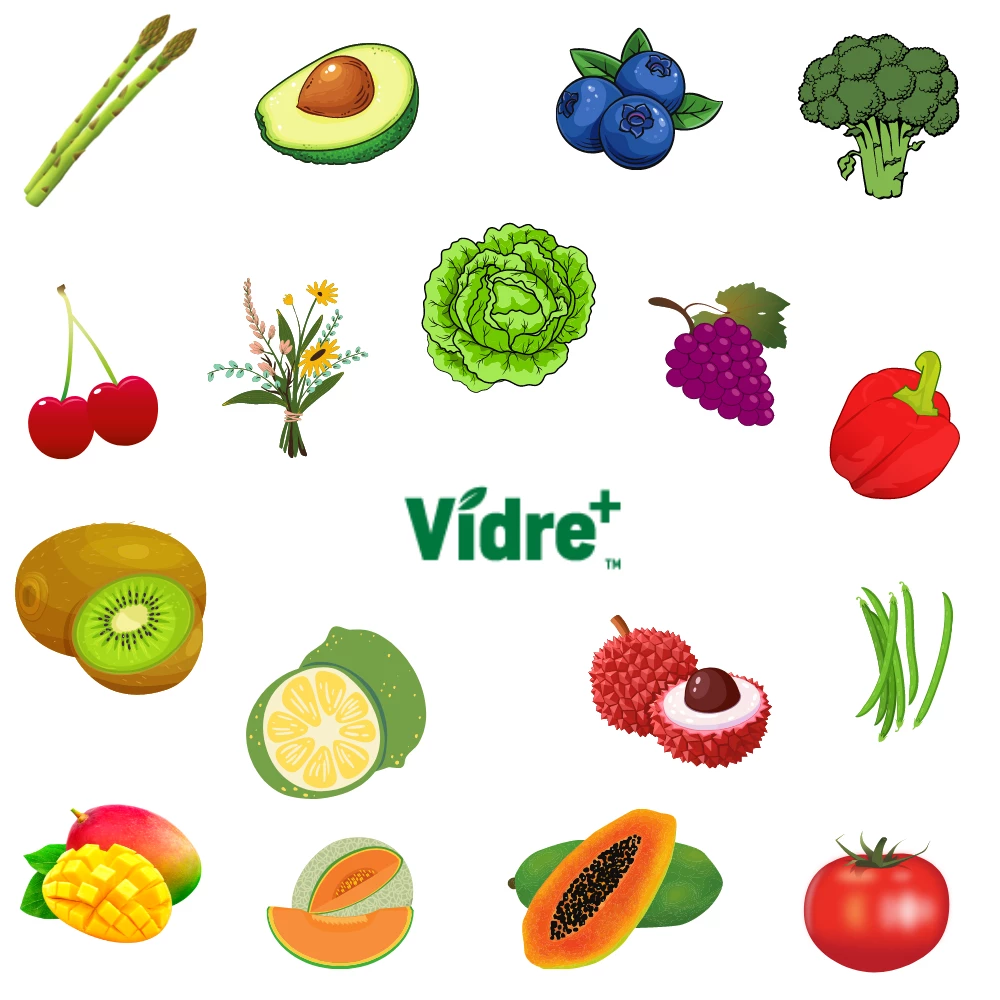
The history of food production is as old as the hills. There is no mankind without alimentation, so humans had to come up with some ways of extending the freshness of food products along their way. But let’s focus on the past several decades when the following improvements in handling have played a major role in reducing the waste and availability of fresh produce on the markets.
Firstly, refrigeration to slow down all metabolic processes has been a major factor in reducing food waste for decades. Secondly, Controlled Atmosphere (CA) storage (very low Oxygen Levels) began to be commercialized in the 1950s, and it has been widely practiced in the pome fruit markets and has found its way into container transport systems as well. CA further slows down post-harvest senescence and degradative processes. Finally, recent advances in packaging design have also provided significant reductions in physical damage and dehydration during shipment and handling.
More recently, scientists have begun to target more sophisticated biochemical systems within the produce itself to protect freshness and reduce food waste. Let’s think about ethylene, a natural plant hormone produced by all plants, that triggers several biochemical degradative pathways, resulting in significant food waste globally. How to cope with that?

Perhaps the most significant advance in this area of reducing food waste was the invention of 1-MCP (1-methylcyclopropene) technology by Drs. Blankenship and Sisler from North Carolina State University. The invention of 1-MCP won the 2020 National Inventors Hall of Fame award as it was used to further revolutionize the global ($78 Billion) apple business by providing “just picked” freshness even after months in storage.
How does 1-MCP work? Simply it binds to ethylene receptors over a 24-hour period to prevent ethylene from binding to these same sites, thereby protecting fruit freshness from the many degradative processes triggered by ethylene. Today, the use of 1-MCP has become the quality standard for apples and certain other stored fruits.
Even though all produce can benefit in some way from reduced ethylene effects after harvest, the first generation 1-MCP products had to be used in enclosed rooms. Therefore, the technology benefits were not realized by most produce categories, which are more perishable and are shipped immediately after harvest. Since both ethylene and 1-MCP are gaseous molecules, without being used in confined storage space, first-generation 1-MCP products would escape too quickly into the atmosphere to provide an effective treatment to the produce.
Today, we have another revolutionary invention that can protect all produce types from the damaging effects of ethylene during shipment, at the retailer, and at the consumer level.
Vidre+ technology is a patented system for allowing 1-MCP to be gradually released within the packaging itself over a 30 hours period via a simple-to-use sticker. The release of the product is triggered by humidity within the packaged produce. This revolutionary technology can now provide protection from ethylene in many categories of produce, where first-generation products could not be effectively used.
In addition to crops where 1-MCP is already used, Vidre+ has proven to extend ethylene protection and reduce food waste in many new produce areas such as: asparagus, avocado, blueberry, broccoli, cherry, flowers, grapes, green beans, kiwifruit, lettuce, limes, lychee, mango, melon, papaya, pepper, tomato.

We look forward to sharing news in each of these types of produce as Fresh Inset rolls out Vidre+ technology around the world.